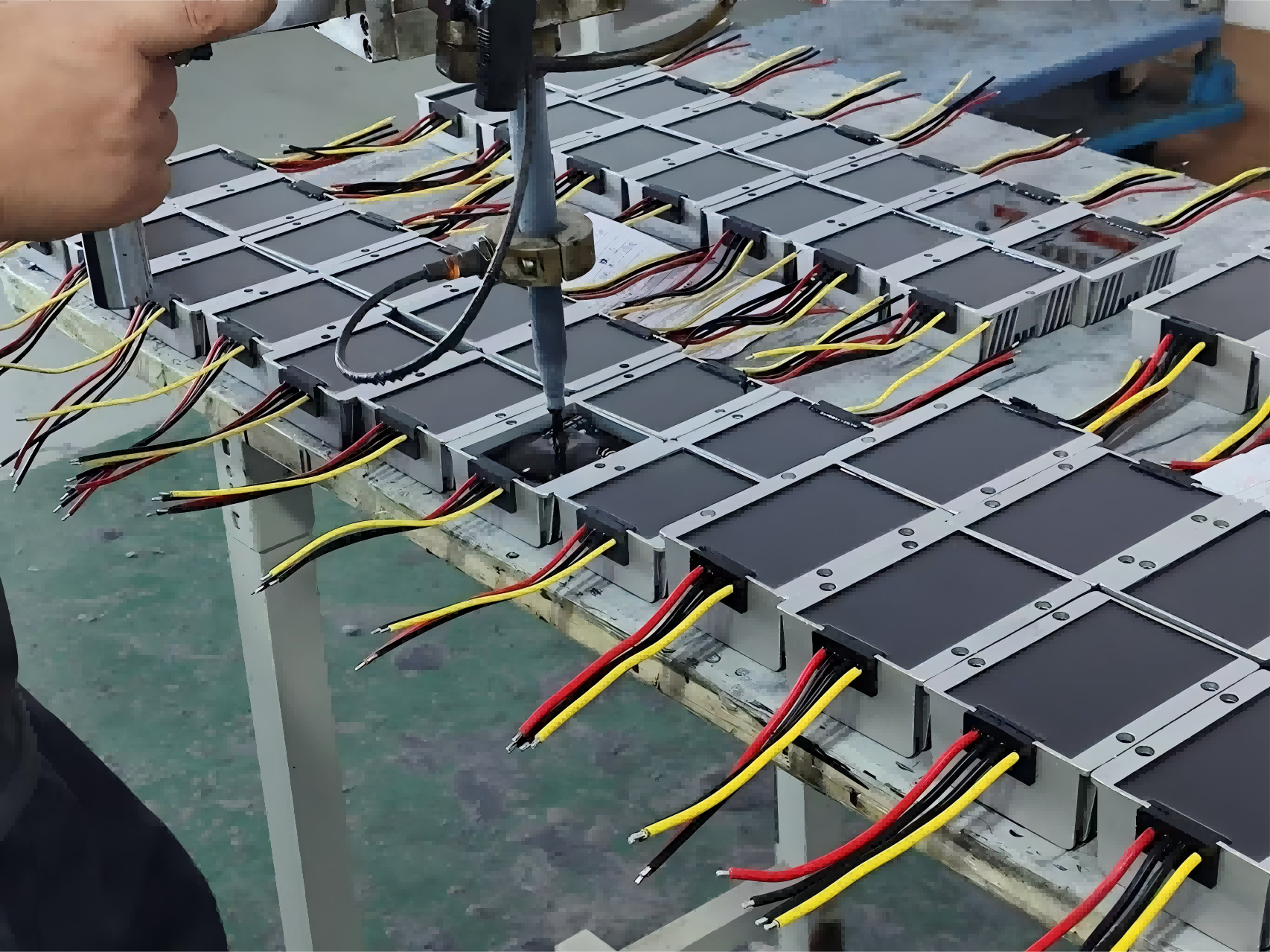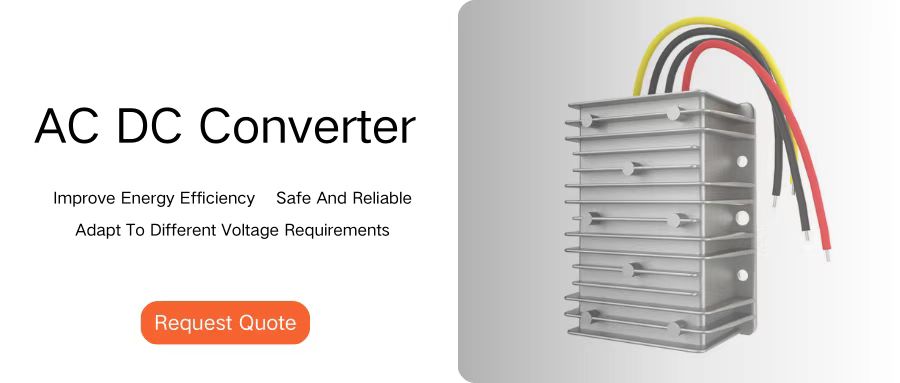AC DC converter is a device that converts alternating current (AC) into direct current (DC) and has a wide range of applications in the field of power electronics. The following is an analysis of the advantages and disadvantages of different types of ac dc converters and the load capacity of a dc to ac converter.
Advantages and disadvantages of different types of AC DC converters
Linear AC DC converter
Advantages:
The circuit is simple and the design is relatively easy.
The output voltage is stable and the ripple is small.
No switching noise and low electromagnetic interference (EMI).
Disadvantages:
The conversion efficiency is low, especially when the input and output voltage difference is large.
A large heat sink is required to dissipate heat, and the volume is relatively large.
The output power is limited and is not suitable for high-power applications.
Switching AC DC converter
Advantages:
The conversion efficiency is high, usually above 80%, and some high-efficiency products can reach more than 90%.
Small size, light weight, easy to carry and install.
The output power range is wide, suitable for different applications from a few watts to several kilowatts.
Disadvantages:
The output voltage may have ripples and noise, and additional filtering circuits are required.
The switching action may generate electromagnetic interference (EMI), and shielding and filtering measures need to be taken.
The cost is relatively high, especially under high power and high precision requirements.
Resonant AC DC converter
Advantages:
Using the resonance principle to achieve high-efficiency conversion, the conversion efficiency is usually high.
The circuit structure is compact, small in size and light in weight.
The output voltage is stable, the ripple is small, and the noise is low.
Disadvantages:
The design is complex and requires precise control and adjustment.
The component parameters and process requirements are high, and the cost is high.
In some applications, there may be stability problems

AC DC converter load capacity analysis
The load capacity of the dc ac converter refers to the maximum power that it can stably output and the voltage or current stability under different loads. The following are several key points about the load capacity of the ac dc converter:
Rated power:
The rated power of the ac dc converter refers to the maximum power that the converter can stably output for a long time under specified conditions. When selecting an ac dc converter, the appropriate rated power should be selected according to the actual load requirements.
Load regulation rate:
The load regulation rate refers to the ability of the AC DC converter to maintain a stable DC output voltage or current when the load characteristics change. It is usually expressed as a percentage and is calculated by measuring the change in output voltage or current when the load changes from no-load to full-load or vice versa.
A high-quality ac dc converter should have a low load regulation rate to ensure the stability of the output voltage or current under different loads.
Overload capacity:
The AC DC converter should have a certain overload capacity, that is, it can withstand a load exceeding the rated power for a short time without damage. The size of the overload capacity depends on the design and manufacturing process of the converter.
In practical applications, long-term overload operation should be avoided to avoid damage to the ac dc converter or affect its service life.
Heat dissipation performance:
The heat dissipation performance of the ac dc converter has an important influence on its load capacity. The converter generates heat during operation. If the heat dissipation is poor, it will cause the temperature to rise, which will affect the conversion efficiency and stability.
Therefore, when designing the ac-dc converter, the heat dissipation problem should be fully considered and appropriate heat dissipation measures should be taken, such as adding heat sinks, using fans, etc.
In summary, different types of ac dc converters have their own advantages and disadvantages, and they should be weighed according to the actual application requirements when selecting. At the same time, the load capacity of the dc ac converter is also one of the important indicators of its performance, which should be fully considered in practical applications






